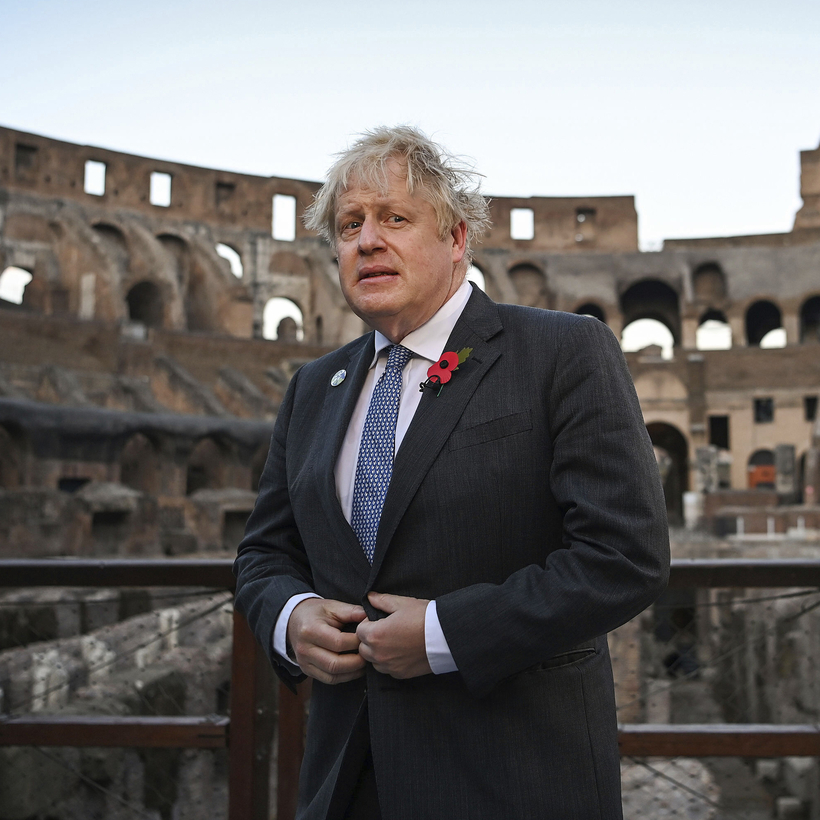Most leaders, at one point or another, suffer from a bad run of luck, a cluster of days when fate shrugs its shoulders and dumps the weight of the world directly on their heads. Historically, Boris Johnson has tended to avoid this sort of thing, less because of his careful decision-making and more due to the bulletproof anti-reality force field he has miraculously built around himself.
Questions may have been asked about his processes, his professional ethics, his composure in a crisis, and his fairly antic sex life. But by refusing to acknowledge any of them in any meaningful way at any point, Johnson has somehow managed to deflect dozens of potential scandals that would almost definitely have buried anybody else.


